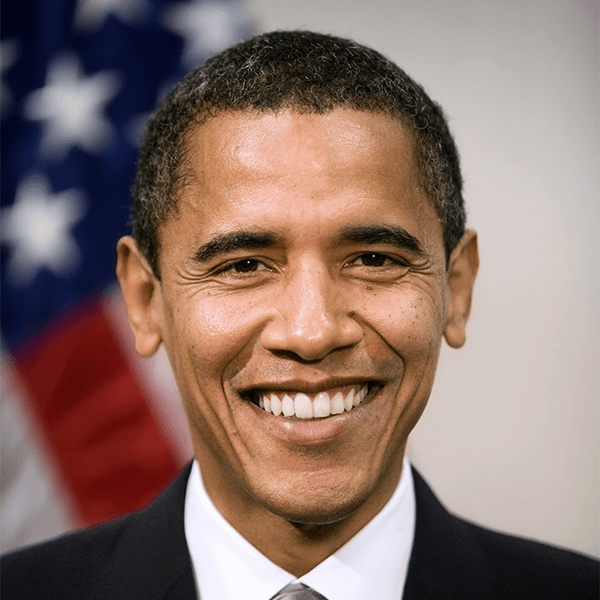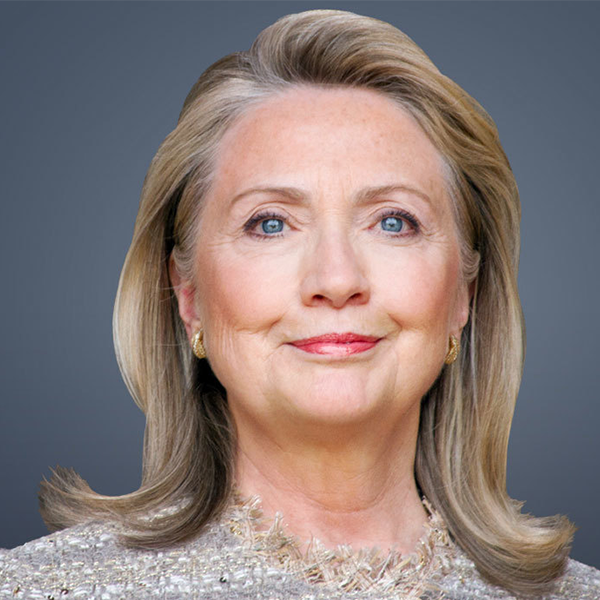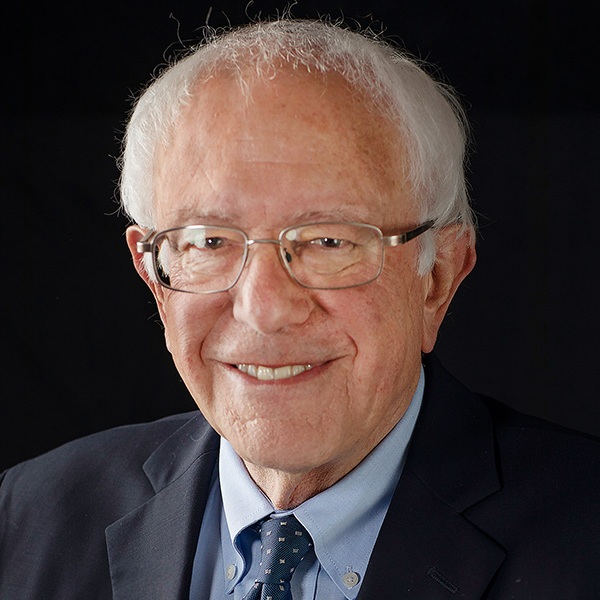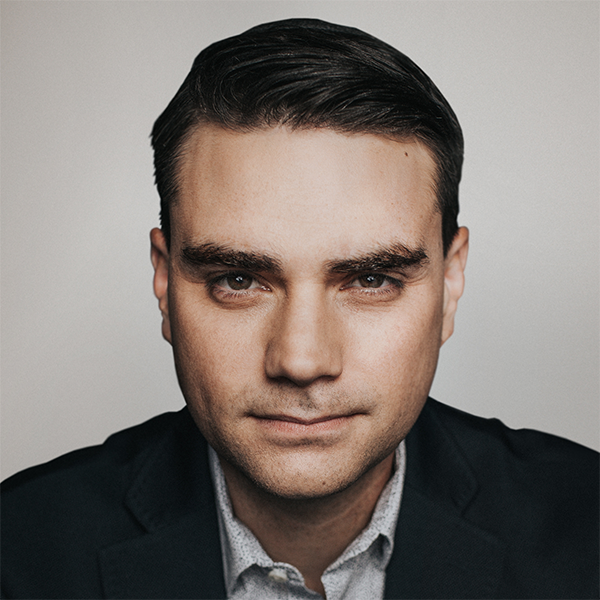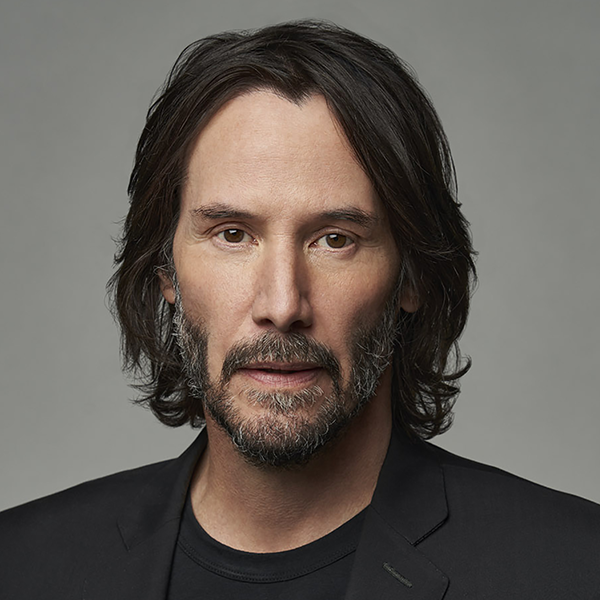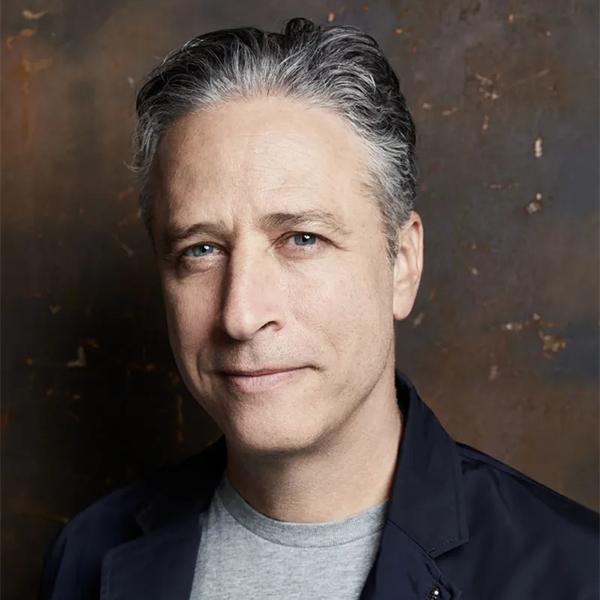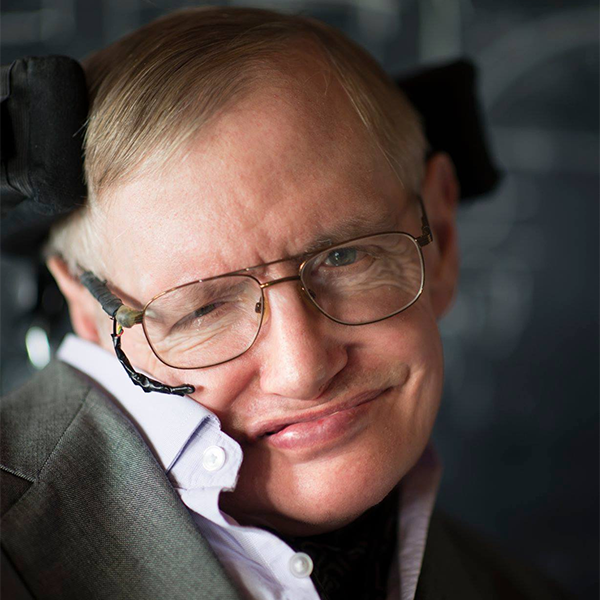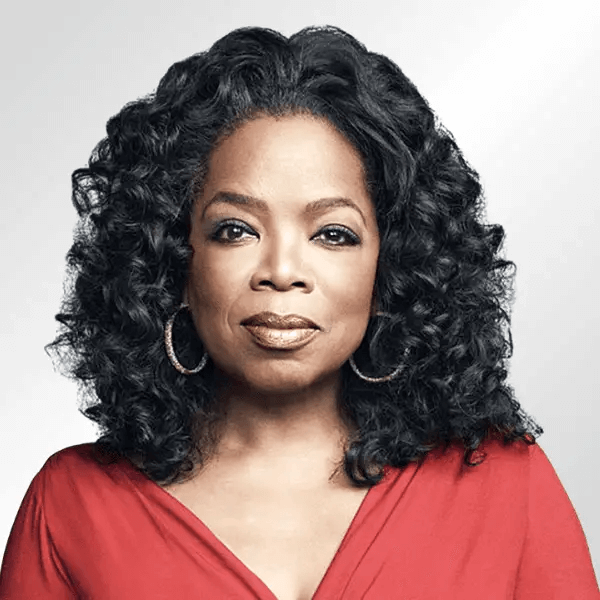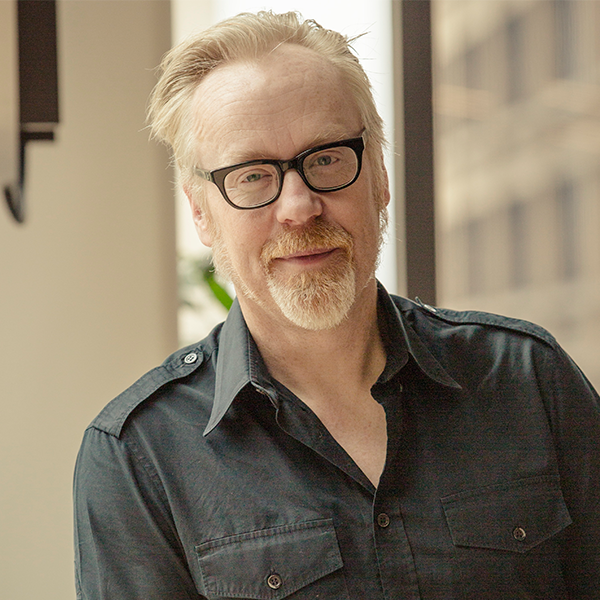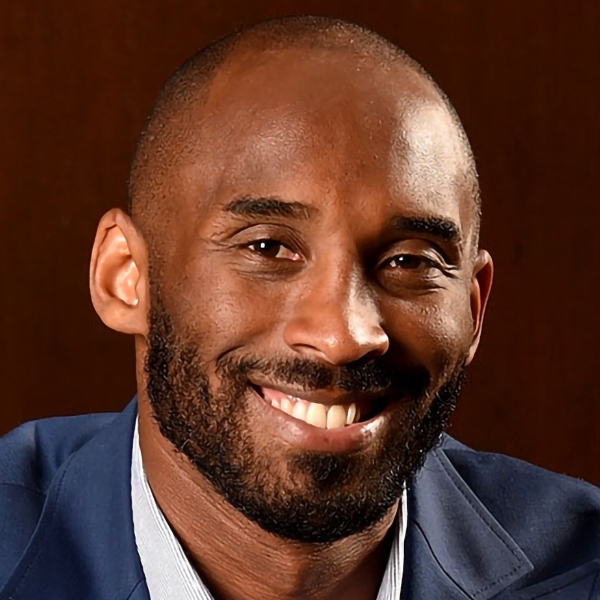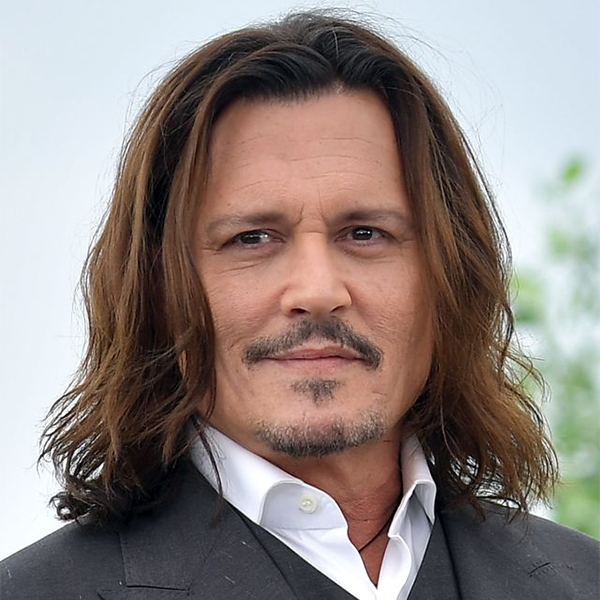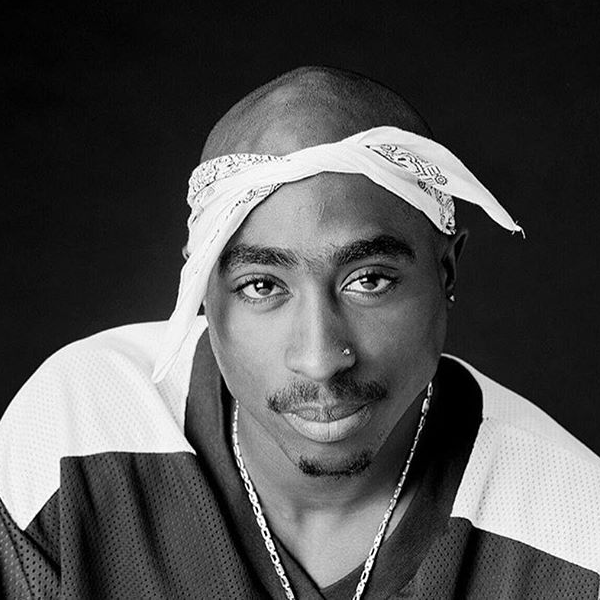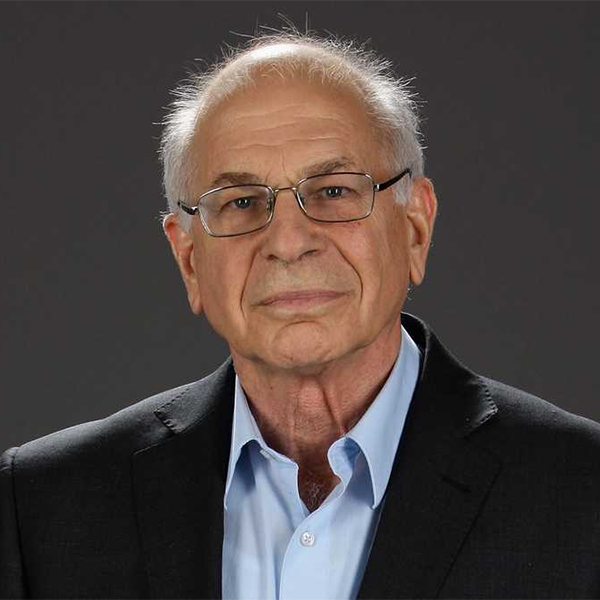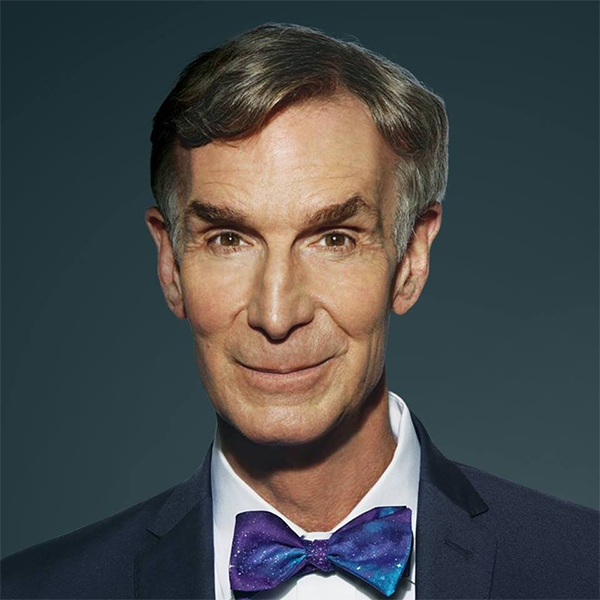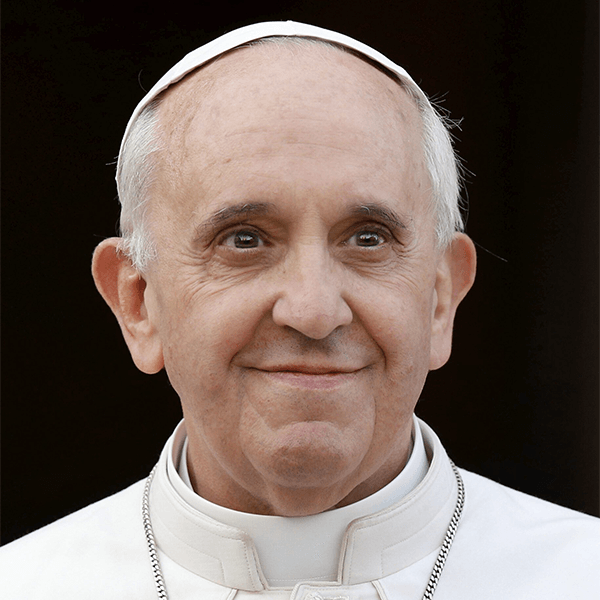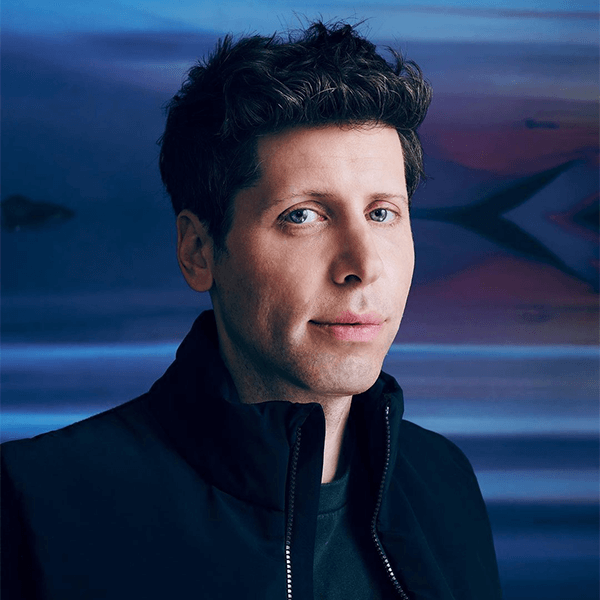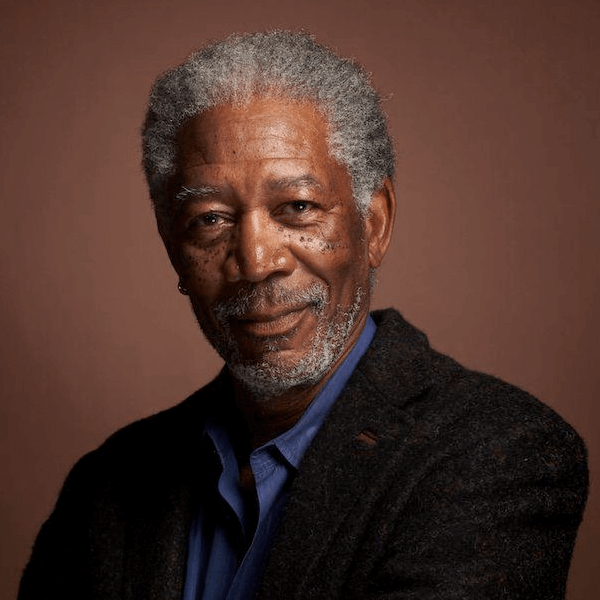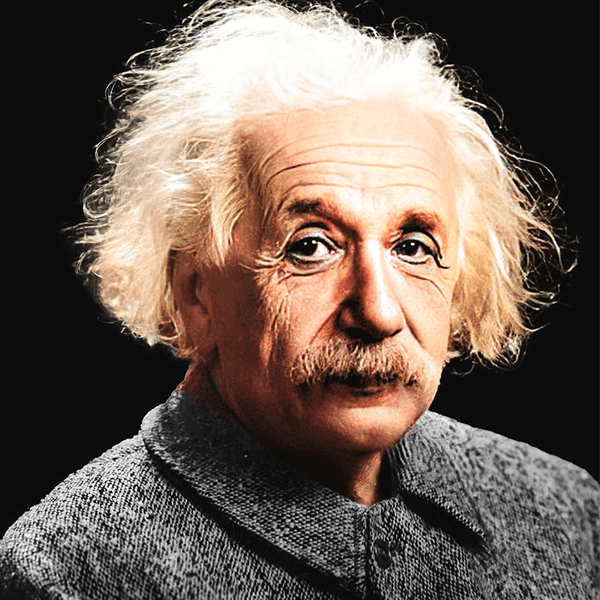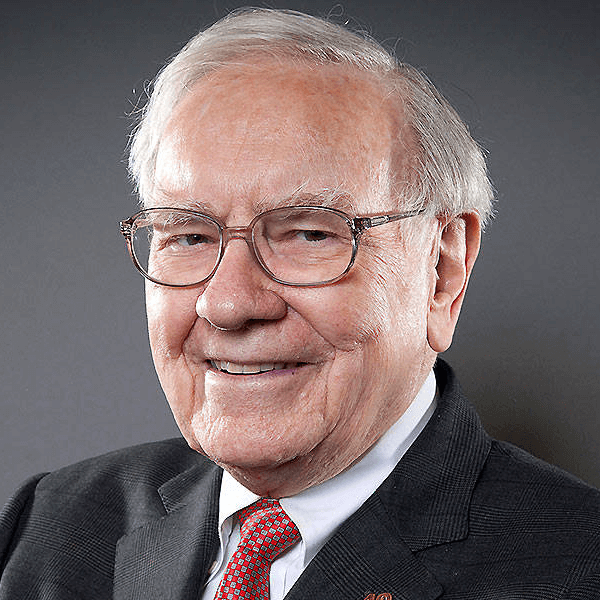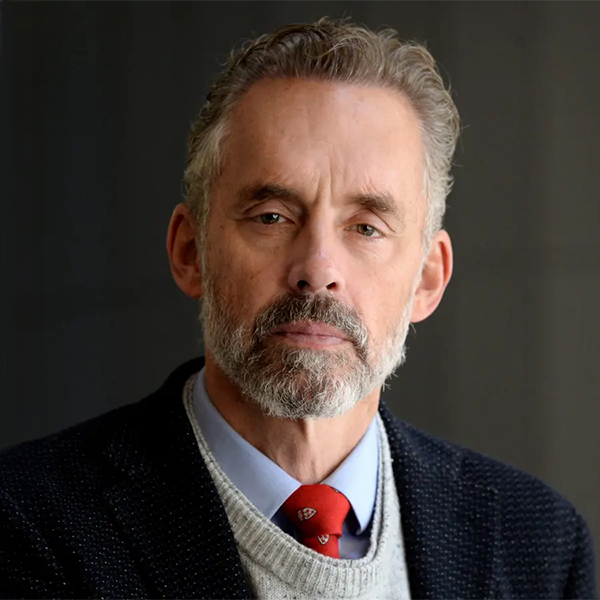Winston Churchill is one of the most iconic figures in British history, renowned for his leadership during World War II. Born in 1874 into a distinguished aristocratic family, Churchill's career spanned several decades as he held various government positions, including two terms as Prime Minister. His tenure is most noted for his steadfast leadership and stirring oratory during the darkest days of the Second World War, where his speeches became a symbol of British resolve and determination. Besides his political career, Churchill was a prolific writer and historian, winning the Nobel Prize in Literature in 1953 for his many published works, including the six-volume series "The Second World War."
❝My education was interrupted only by my schooling.❞ — Winston Churchill
Churchill's intellectual pursuits were not confined to politics and history; he was also an avid reader from a young age, engaging with a variety of literary genres. His fondness for reading spanned biographies, history, and classical literature, which not only broadened his worldview but also enhanced his eloquence and depth of knowledge. These reading habits helped shape his political and strategic thinking, providing historical insights that were crucial in his decision-making during the war. Churchill believed in the power of learning from the past and often emphasized the importance of education and reading in understanding the complexities of human affairs.


